 Dr. Edoardo Cavallé
Dr. Edoardo Cavallé
In 2022, the Working Group focused on the topic of medical devices with the CED Statement on “Implementation of the Medical Devices Regulation (MDR)”. The Statement was adopted during the November General Meeting and expressed the dental profession’s deep concern at the delays in implementation of the MDR, particularly in re-certification of medical devices resulting from the lack of Notified Bodies. The document highlighted that unless the legislators made urgently needed corrections, the supply of dental medical products will be jeopardised, and patients will no longer be able to receive dental care in the tried and tested form.
The Working Group focused on dental materials. The subgroup on dental amalgam engaged actively in the ongoing Revision of Regulation (EU) 2017/852 on mercury, contributing to a targeted stakeholder survey in February and a European public consultation on the topic in April. The subgroup members participated in the final targeted stakeholder workshop on the issue in September. The subgroup members also highlighted the dental profession’s priorities in relation to the mercury regulation revision through several meetings with European Commission representatives from the Directorates-General for the Environment (ENV), and for Health (SANTE).
Other topics of interest were classification of cobalt and the EU delegated act amending the Classification, Labelling and Packaging Regulation (CLP Regulation), focusing on the establishment of new hazard classes for endocrine disruptors that apply horizontally across EU legislation. The Working Group monitored the topic of nanomaterials, especially in relation to the new European Commission nanomaterials definition recommendation from June.
In 2023, we will continue working on the topic of medical devices and their future availability. Additionally, the Working Group will be engaging in the process on the revision of the EU mercury regulation, ahead of the expected European Commission proposal on the topic. Nanomaterials, endocrine disruptors and titanium dioxide will also be the agenda of the Working Group.
 Alexander Tolmeijer
Alexander Tolmeijer
In 2022, the Working Group finalised the CED Statement “eSkills for dentists”, which was adopted during the May General Meeting. The document focuses on the digital transition in dentistry, and the importance for dentists to broaden their understanding of how dental applications, telemedicine, digital workflow models, digital health information and AI (Artificial Intelligence) equipment are evolving and affecting traditional dental practice.
The Working Group also engaged in the ongoing legislative process on the European Health Data Space (EHDS). The members prepared a set of recommendations and key asks in relation to the EHDS Proposal for Regulation from the European Commission.
The Working Group began discussing the topic of AI and orthodontics. The topic is gaining importance, with a lot of reports from different Member States (MS) on the emergence of ‘do-it-yourself’ orthodontics, bypassing the diagnosis and involvement of a dentist in the process, and therefore placing patient safety at risk.
In 2023, the Working Group will continue focusing on ongoing eHealth legislation updates, especially in relation to the EHDS as the file progresses at the European Parliament and Council level. The Working Group will engage on AI and orthodontics from the dentists’ perspective, producing a concrete document
on the topic.
 Prof. Dr. Paulo Melo
Prof. Dr. Paulo Melo
In 2022, the Working Group updated its mandate to include the topics of radiation protection and of recognition of qualifications of third country nationals. A questionnaire on Dental Specialties was conducted and the CED Statement on specialties will be updated based on the survey results.
The CED continued to advocate for the update of the Annex V.3/5.3.1 of the Professional Qualification Directive, despite the inaction of the European Commission on the issue. In cooperation with the Task Force Internal Market, the Working Group produced a document on Workforce Challenges. This document will also be used to ask the World Health Organization to consider the specificity of the European situation in its Global Strategy on Oral Health, regarding the recognition of mid-level providers.
In 2023 the Working Group is planning to prepare a CED position on the Recognition of Qualifications of third country nationals, will update its documents on the “profile of the dentist of the future” and on dental specialties and will continue advocating for the update of the Professional Qualifications Directive.
 Dr. Henk Donker
Dr. Henk Donker
 Dr. Alessandra Rossi
Dr. Alessandra Rossi
This year the Working Group continued to focus on its core activity topics. On antimicrobial resistance, we stayed involved in the AMR Stakeholder Network Group, as well as submitted our application for membership as a stakeholder within the European Commission AMR One Health Network. Moreover, we replied to several related consultations published by the Commission, such as the AMR Future Proofing Plan and the study on barriers in AMR policies. The CED participated again in the European Antimicrobial Awareness week in November coordinated by the European Centre for Disease Prevention and Control (ECDC).
At the beginning of the year, we published a press release encouraging COVID-19 vaccination. In collaboration with the Coalition for Vaccination and the IMMUNION project, the CED organised a webinar tailored for dentists and dental students on vaccination and continued to deliver expertise and endorse initiatives and documents of the Coalition. We also supported European campaigns on vaccination against COVID-19 and influenza and replied to the call for evidence on vaccination against Human Papilloma Virus (HPV) and Hepatitis B.
In 2022 the collaboration with the European Medicines Agency (EMA) was also a priority and we took part in several eligible organisations’ meetings, the EMA annual meeting and trainings and welcomed Ivana Silva, the EMA representative, to our November General meeting
in Brussels. The Working Group was very active to engage in the multiple European initiatives on health and replied to many consultations relevant to oral health, such as the European EU4HEALTH programme, global health, nutrient profiles and labelling. Finally, the Working Group welcomed a new Chair in November and will reassess its priorities for the following years.
 Prof. Dr. Ioannis Tzoutzas
Prof. Dr. Ioannis Tzoutzas
In 2022, the Working Group continued monitoring the COVID-19 situation and related developments. In light of this, the Working Group also updated the CED Statement “Dentistry and patient safety during the ongoing COVID-19 era”. The updated version reflects further the importance of vaccination and aims to capture the pandemic status quo and its impact on dentistry.
The Working Group continued monitoring relevant EU legislative developments, specifically focusing on dentistry and waste, considering upcoming policy files on this topic, such as the EU Waste Framework Directive. It remained engaged on the topic of medicines disposal through the continuous participation of the CED in the #Medsdisposal campaign. The campaign brings together various health stakeholder organisations and is raising awareness on how to dispose of unused or expired medicines appropriately in Europe, bringing information on current disposal schemes in European countries.
In light of the numerous emerging issues on patient safety, infection control and waste management, the Working Group started curating an online overview of current articles and information on these topics, available on the Members’ section of the CED website.
In 2023, the Working Group will explore in more detail the topic of dentistry and waste management. Work will also continue on monitoring and reacting to EU legislative updates, as well as on any relevant developments related to patient safety and infection control.
